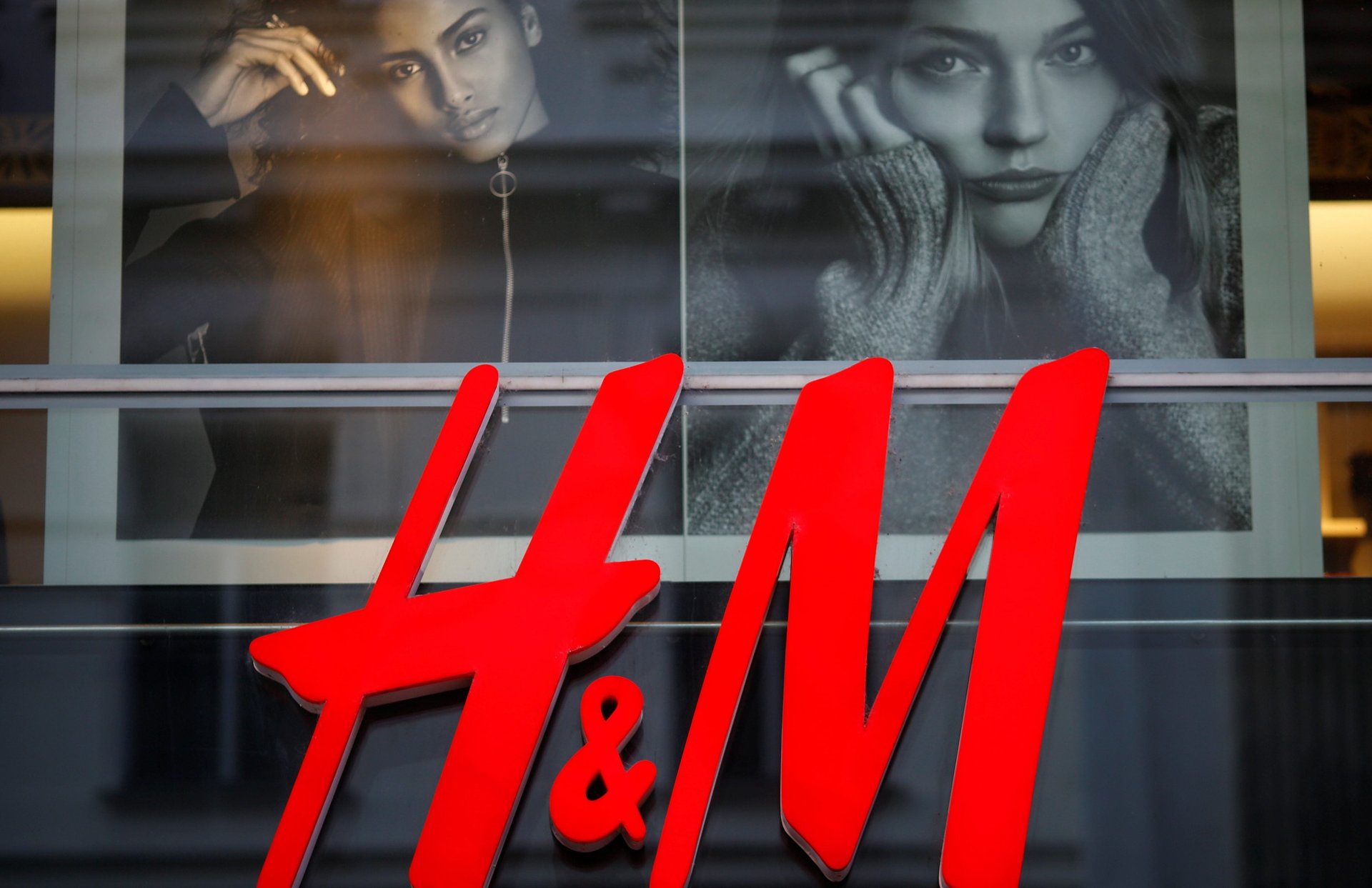H&M’s racial snafu shows corporations can’t forget the entire world is watching
H&M is doing damage control.


H&M is doing damage control.
The fast-fashion brand sparked a good deal of anger online with an ill-considered product shot on its UK site. The image uses a black child to sell a hoodie that says “coolest monkey in the jungle.”
H&M swiftly apologized, but the incident has provoked some understandable speculation over how a misstep of this sort even occurs. H&M is a Swedish brand, so it’s coming from a culture with a different racial history than places such as the United States—but it’s still a global company, operating in a world where racism is prevalent.
The anger at H&M began after people online, including New York Times columnist Charles Blow, spotted the image and voiced their outrage.
H&M responded to the anger, saying “We sincerely apologize for offending people with this image of a printed hooded top. The image has been removed from all online channels and the product will not be for sale in the United States.”
But the apology has hardly satisfied many people who wonder how the company made the gaffe in the first place. Singer and songwriter The Weeknd, who has collaborated with H&M on a fashion line, tweeted that he is “shocked and embarrassed” by the photo and said he will no longer work with the company.
On his Instagram account, drummer and producer Questlove wrote, “all this tells me about @HM is that the seats in the boardroom lack something…wanna take a guess?”
Others on Twitter have speculated that the culprit may be cultural ignorance, given that H&M is headquartered in Sweden, which has a different history with race than the US. Though Sweden does have a sizable black population, and has been criticized for a culture permitting racism in the past.
It’s impossible to know what the circumstances behind the image were, including where it was produced. When asked, H&M would not provide any additional information to Quartz beyond its statement, adding “We believe in diversity and inclusion in all that we do and will be reviewing all our internal policies accordingly to avoid any future issues.”
Whatever the case, H&M illustrates a point about global brands today. It’s a Swedish company that was selling in the UK and became the subject of anger largely in the US. The internet transcends national boundaries, which means a brand like H&M needs to think of how customers everywhere will respond to every move it makes.
This story has been updated with the comment made by The Weeknd.